Shirley Robertson: The Challenge of the Olympics
Published on July 20th, 2016
Shirley Robertson made it into the history books by becoming the first British woman to win two Olympic gold medals at consecutive games, Sydney 2000 and Athens 2004.
At the Rio Games, Shirley will be working with the BBC to deliver the sailing news back to the kingdom, and here chats with Scuttlebutt editor Craig Leweck about her Olympic experiences and what she expects at the Rio Games.
You’ve been to four Games, with Barcelona in 1992 as the first. What do you remember from that Olympics?
Oh, goodness. I was so very wide-eyed. I didn’t really understand quite what it was all about. I just found myself there, and in hindsight, a bit unprepared. I was just 24, which by now is quite old, but at that time it was a different kind of model. People went to college first and then thought about it, so it’s a different world now.
You finished 9th in the singlehanded Europe.
One of my lasting memories is the medal ceremony, not being in it, watching it, watching the Americans and the Spanish win all the medals. It was then, I suppose, when I realized what it was all about and how this is what I wanted to do. I had a moment of clarity at the Olympics watching other people.
The sailing venue was part of the city.
We were right in it. I could see my boat from my bedroom in the village, so it was quite something actually, to be able to go to lots of stuff and to see all and to live in the village with all the athletes and all of the usual, but it was a good Games.
And now you were all in for another quad. Next stop Atlanta 1996.
I literally stepped off the plane from Barcelona and stepped into wanting to make it happen. There was no down period. I absolutely dove in with limited budget, but I did everything. I developed equipment and trained hard. I had training partners, coaches. I did what I thought was right, but obviously with hindsight again, there were some errors in my decision-making and finished fourth in the Europe event.
What kind of errors?
I put too much pressure on myself. During those four years I didn’t do anything else. I never went to the cinema or out with friends. You’d find me in the evening in my garage on my stationary bike. It was just all way, way too serious. I suppose I had no one really to keep me in check. I would practice my strengths and not necessarily address my issues.
When the Games started I was really nervous. I came up to the start line of the first race and my back leg was shaking so much, I couldn’t really properly hike out. In the first Olympics I was really wide-eyed and young and the next one I really thought I could medal and didn’t, so yeah, it was a hard winter after that.
Hard in what way?
It was Olympic depression. It was at a time when there was no funding. On a daily basis you were taking pretty harsh reality checks about how you were spending money and what you were doing with your life. I think it’s certainly different now in many countries. There’s an element of subsistence at least, but you’re applying your own further with that.
How did the sailing venue compare to Barcelona?
It was a very different Olympics. The sailing venue was far removed from Atlanta. We were miles out in Savannah and even miles out from Savannah. We were seven miles from the town to this man-made island. It was a very different experience. I didn’t really feel part of the Olympics, but went with lots of expectation, and then was devastated when I finished fourth.
Explain how it was a different experience.
For starters it was hard to train. I suppose I was one of those perfectionists. I like to train a lot at the venue, I like to train more than anyone else and I like to work harder than anyone else. That was the way I rolled and it was hard to do that there. Literally, we were seven miles out from the city. I always wanted to go, but logistically it was just so difficult and every day there was thunderstorms, so your day was cut short. Then there were these bloody gnats everywhere. It was quite something.
But as you do when you’re an Olympic sailor, you deal with what’s thrown at you as they are in 2016. They’re just dealing with it and it’s the same for everyone; everybody had the gnats. And it wasn’t all bad memories. Parts of it were quite special, like sailing amid the dolphins. But it is pretty hard to underperform. I suppose now, with the element of hindsight, you look back and it was a real turning point in my career. I suddenly realized how not to do that, I suppose.
So it all came together for the 2000 Games in Sydney?
We were back in the heart of the city, competing again in the Europe on a really complicated venue which played into my hands. I was never one of those sailors who liked to hike out a lot, but I quite enjoyed it there. You had to be able to go from last to fourth, or you were never going to win, and I was that sort of sailor.
Plus I was quite quick. I’d worked hard on my equipment. I had a great coach. I felt comfortable at the venue. Who wouldn’t want to spend months and months training in Sydney? I didn’t feel like I really had a weakness, so it was amazing and the best moment of my entire career, standing on the medal ceremony. The steps to the Opera House with the bridge behind in the rain was, I don’t know. I’ve been to a lot of Olympics, but Sydney rocks, it really does.
I understand the Sydney Games was the first instance where you had to compete on a variety of racecourses which were all somewhat unique.
Yes, and nothing was the same. Also we were there in late September, so it was their spring, and the winds didn’t just blow down the harbour. It came from every direction and I suppose that was part of the strengths also of the British team at that point.
We had a lot of talent with the likes of Ben Ainslie, Iain Percy and Ian Walker. We had a lot of good sailors at that time and so we pooled knowledge and used it to counteract the variables. So if I hadn’t experienced an easterly on C course before I could go to our call book or I could talk to people who had experienced those conditions. You pulled a bit of strength from that.
In many ways at that time for British Sailing it was a bit of a perfect storm. We had the most exceptional talent we’ve had for a very long time, and then in 1998 we had the injection of lottery funding, and even though that wasn’t very long before the Games, it made a massive impact to all the technical sports in British Olympic sport. So, it just gave us that little jump; we all went there in pretty good shape. There was an expectation we were going to do well, and with all those things, if you were British, it made for a pretty special Games.
For Athens in 2004, it was Gold again, but this time skippering the three-person Yngling.
We were again in the city and you can’t underestimate that. You really feel part of the Olympic Games. I was a bit long in the tooth by then, and while we weren’t staying in the village, it is good to feel the buzz. As it was in Europe, there were lots of British people around which also means a lot. The Prime Minister comes to visit you which is quite nice.
Of course, you leave all that onshore; you’re there for one job. But it was a good Games even though there was lots of controversy early on in how it wasn’t going to be ready etc., etc. They built a really special marina which allowed us to be based in the heart of the city. It proved to be a challenging venue for racing. It either had that strong, random wind from the north or random-ish light wind from the south, and sometimes a bit of both in one day. But we liked it. We liked a bit of everything and we were quite fast and so tickety-boo, it all went well.
The sailing venue at the 2016 Rio Games is in the heart of the city.
The Olympics are about to happen; you see all the guys and girls intently training. As for the imperfections that we’ve all heard about, if you cross your fingers and squint your eyes a bit, it’s potential is immense. Sailing has the best backdrop of any sport. Maybe beach volleyball on Copacabana can compete. So the opportunity is there for sailing to gain unprecedented attention.
As for the competition, sailing is hard sport and this venue is very hard. I think there’ll be loads of stories. All the favourites won’t win. It will require mental toughness that perhaps we haven’t seen for a while. It will be exceedingly difficult and emotional, and if it’s all okay, it will be incredible for sailing. You’re right in the heart of it. For us in the BBC, you won’t do a remote interview to London. You’ll be there in the main studio. You’re absolutely part of a bigger thing. You’re not just off on some satellite location.
The Olympics are not your average regatta. Having competed in four Games, how would you describe the experience?
Well, they don’t happen very often, and for them to happen when you as an athlete are ready is rare. It’s hard. For you to be in your best condition, with the ideal teammate if needed, going as well as you can, at a venue that suits you, well, the stars have to line up for that to happen.
I think particularly in sailing, we beaver away every single day towards this one event. So never mind the pressure from being part of the bigger team or the pressure of the regatta. It is the pressure for each person to work every single day, generally unnoticed, towards something this huge … it’s dealing with that. It’s big and it’s emotional.
I feel quite privileged now, with the job I have at the Olympics, that win or lose, I’m the first person they see and the first person they talk to. That’s a really, really, really privileged sport and I suppose, more than most, I know how much it means to them. This could be their one moment, and knowing that you might only have that one chance, it is an incredible– it just means everything. It means so much and I suppose, as years go on you think, “Well, it’s just a sailing race and it’s just sport,” but I know at that time to them it’s much more than that. I know now life goes on, but at that moment, they don’t know that.
Let’s talk about the pressure of the Games.
In other areas of our sport, you could say there’s plenty of pressure, such as at the America’s Cup. But it’s a different sort of pressure. They take home a hefty check, win or lose, so it’s different. No one’s making money from being an Olympian, not really, so it’s a big deal to devote everything you have towards this one thing.
I know loads of people who’ve in 20 years have tried to win and haven’t. So, I suppose when I won I definitely felt that sort of privilege and relief, that, “Oh, my God. I got through all that and I have actually won a gold medal,” because most people don’t. I don’t mean that in an arrogant way. I just mean that you never really know if it’s going to happen and that’s because it’s rare that it does happen, and because it’s rare, then there’s a lot more pressure.
As we look toward the Rio Games, you never know how as an athlete is going to react on the big day. This is unlike any other event, even the World Championships. You look at Billy Beeson and Marie Riou from France. They’ve won every Worlds in the last four years, but they’ve never been to the Olympic Games. I think they’ll wonder themselves how are they’re going to be.
It’s very hard to train for, and so when you’ve got your big moment, there is a question of whether you are going to step up. Are you going to choke or are you going to make it happen? Plus, the lead up into the Games, it’s very hard to assess your competitors. You don’t know what they’re testing, what they’re showing. Some are training in Rio, some aren’t. So actually, until you get to the start line of the first race, you don’t really know the measure of your competition.
It’s quite exciting as I think about it. I love it so much. I know the kind of work that’s gone in behind it and everyone has a story. And at the end of each event, there will be those that are most excited or others most devastated. It will be a privilege to witness it all.
After four Games and having the benefit of age, what would be the most valued bits of knowledge that you would hope to impart on a new Olympian?
I would tell them that everybody’s a bit nervous. It’s not just them. Also, with the benefit of hindsight, I have seen people do the most stupid things in the build-up. They just fall away under pressure, the daftest stuff. So I suppose I would counsel people to avoid drastic actions.
Prepare for it to be a different race. There’s less boats and so much more pressure. Ignore the pecking order because there’s always upsets at the Olympic Games, always. We could see all forms of upsets in Rio as it’s a difficult venue. Seek guidance. Don’t make daft decisions, and look for the opportunities because they’re always there. There’s always someone random, maybe not winning, but medaling… always. It is those people who approached the event with an open mind and with sensible people around them.


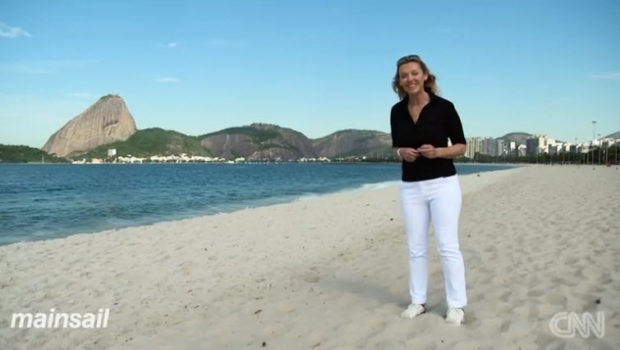
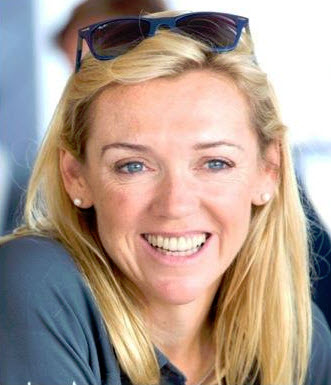

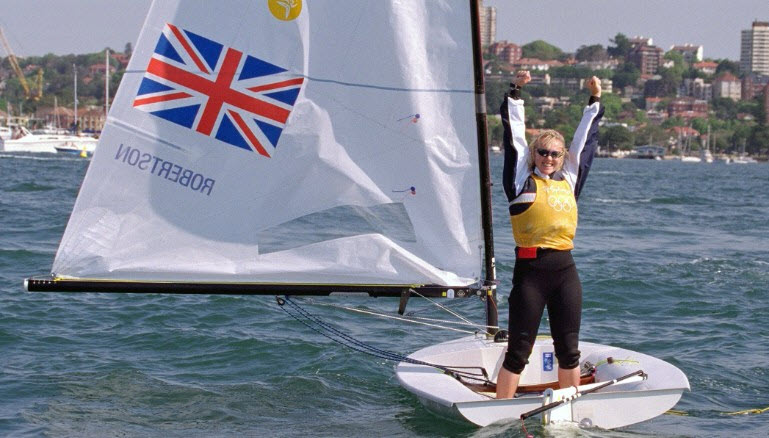
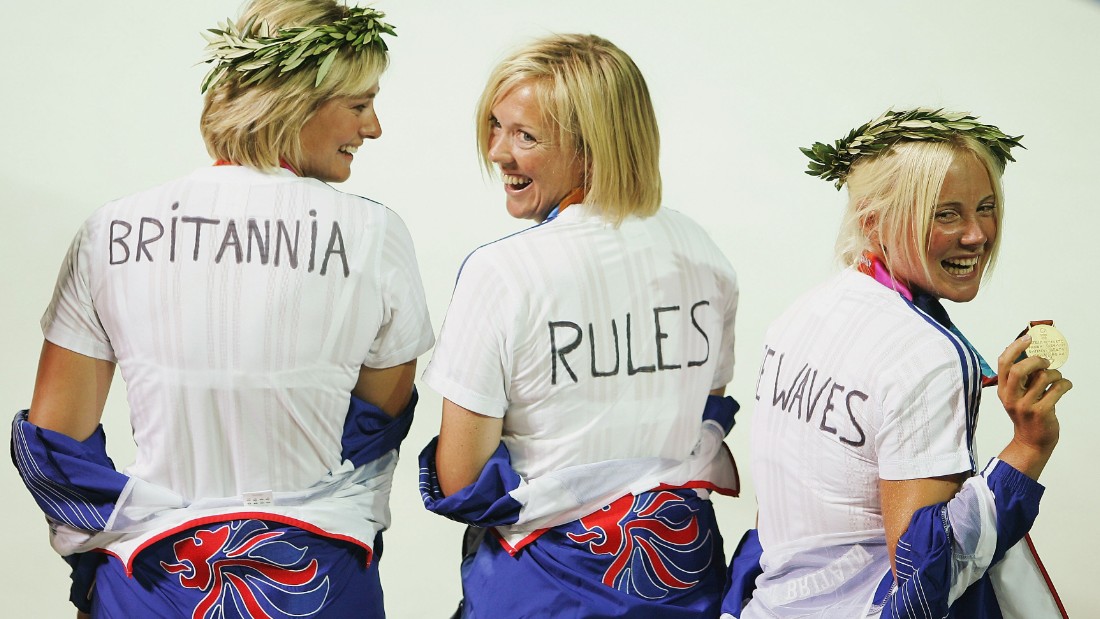
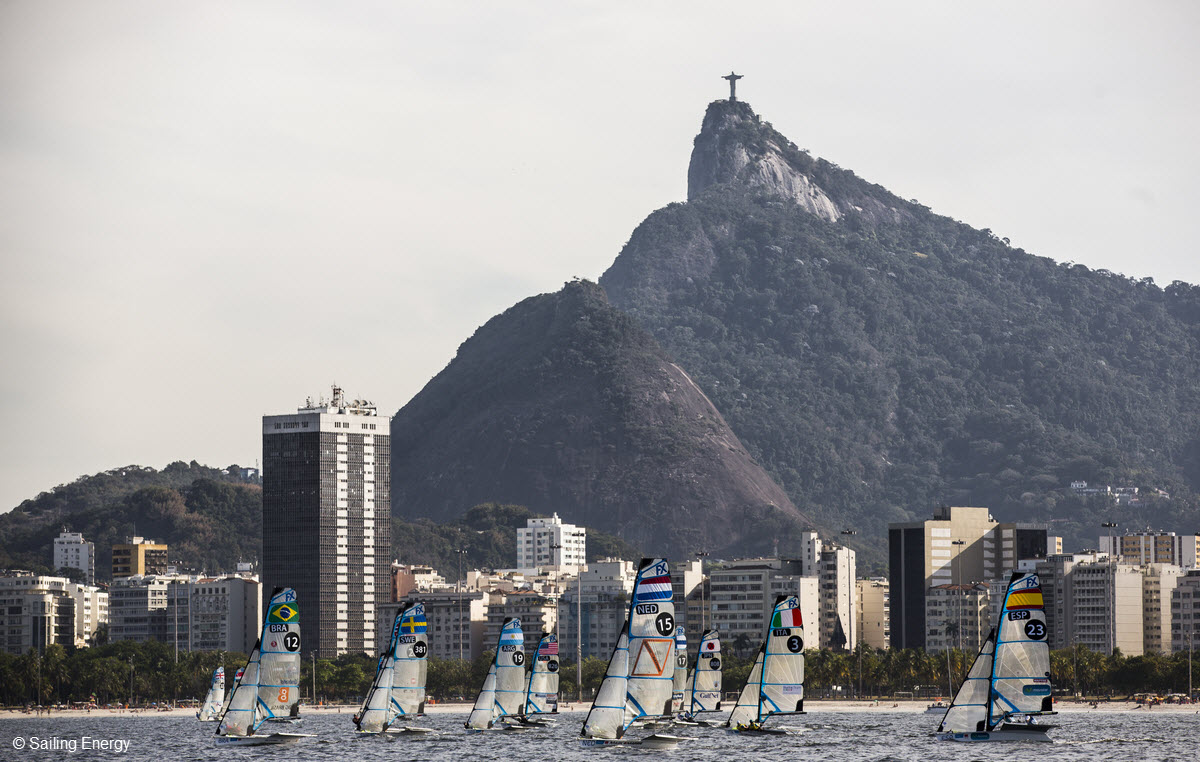




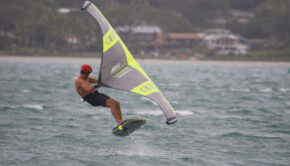
 We’ll keep your information safe.
We’ll keep your information safe.